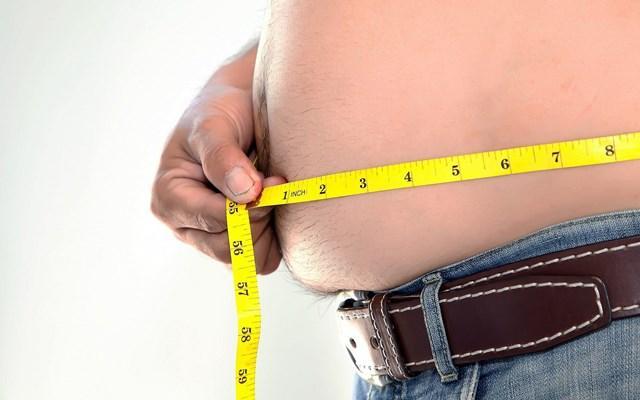In a first-of-its-kind study, scientists analyzed the impact of obesity on the number and position of residual teeth across age groups. An increase in body mass index (BMI) has been associated with tooth loss.

The researchers used an online database that combined data from health insurance claims and physical exams to collect data on 234,000 participants aged 20 to 74. They examined whether the effect of obesity exacerbates residual teeth and whether obesity predicts the risk of tooth loss independently of other risk factors, including diabetes and smoking status.
According to the results of the study, an increase in BMI was associated with a decrease in the number of residual teeth at a younger age. And in people over 30 years of age, obesity has been associated with the loss of residual molars. Smoking has also been linked to tooth loss.
“The number of residual teeth decreased with increasing BMI in subjects over 40,” write study authors led by Mayu Hayashi of Sunstar Inc.'s research and development department. in Osaka, Japan. “This finding is in complete agreement with previous studies demonstrating that high BMI and energy intake are associated with a decrease in the number of residual teeth in women aged 37-60 years, and that BMI and obesity are associated with tooth loss in those younger than 60 years of age, regardless of age. or gender.”
Previous research has also shown that high BMI is associated with the progression of periodontal disease. In addition, increased sugar intake is directly related to both weight gain and the index of decayed, missing and filled teeth (DMFT), an epidemiological index that describes the history of dental caries.
Studies show that “the progression of periodontal disease and dental caries may reduce the number of residual teeth in diseased populations, and dental caries may reduce the number of residual teeth in obese populations,” the study authors wrote.
The present study showed that high BMI was associated with more residual teeth in participants aged 20 to 40 years. In people between the ages of 10 and 40, tooth extractions due to orthodontic treatment are common worldwide, and people with obesity often lack healthy oral hygiene habits.
“Thus, young adults with obesity may have fewer tooth extractions as a result of orthodontic treatment due to lower awareness of dental care,” the study authors write. “Thus, the low prevalence of tooth extractions as a result of orthodontic treatment in obese patients in their 30s and 40s may explain the association between BMI and the number of residual teeth that we observed in this population.”
In addition, the percentage of participants with residual teeth decreased with age, especially among participants over 30 years of age. In obese individuals, significant tooth loss is more common in the maxilla than in the mandible.
“Because people with obesity have a higher risk of developing progressive periodontal disease, occlusal trauma may have significantly affected the molars,” the study authors explained.
The present study also confirmed that smoking status increases the risk of tooth loss in obese people. A recent study showed that people who quit smoking did not have an increased risk of tooth loss compared to people who did not smoke a history.
“This suggests that smoking cessation is important in preventing tooth loss in obese people,” the study authors write.
